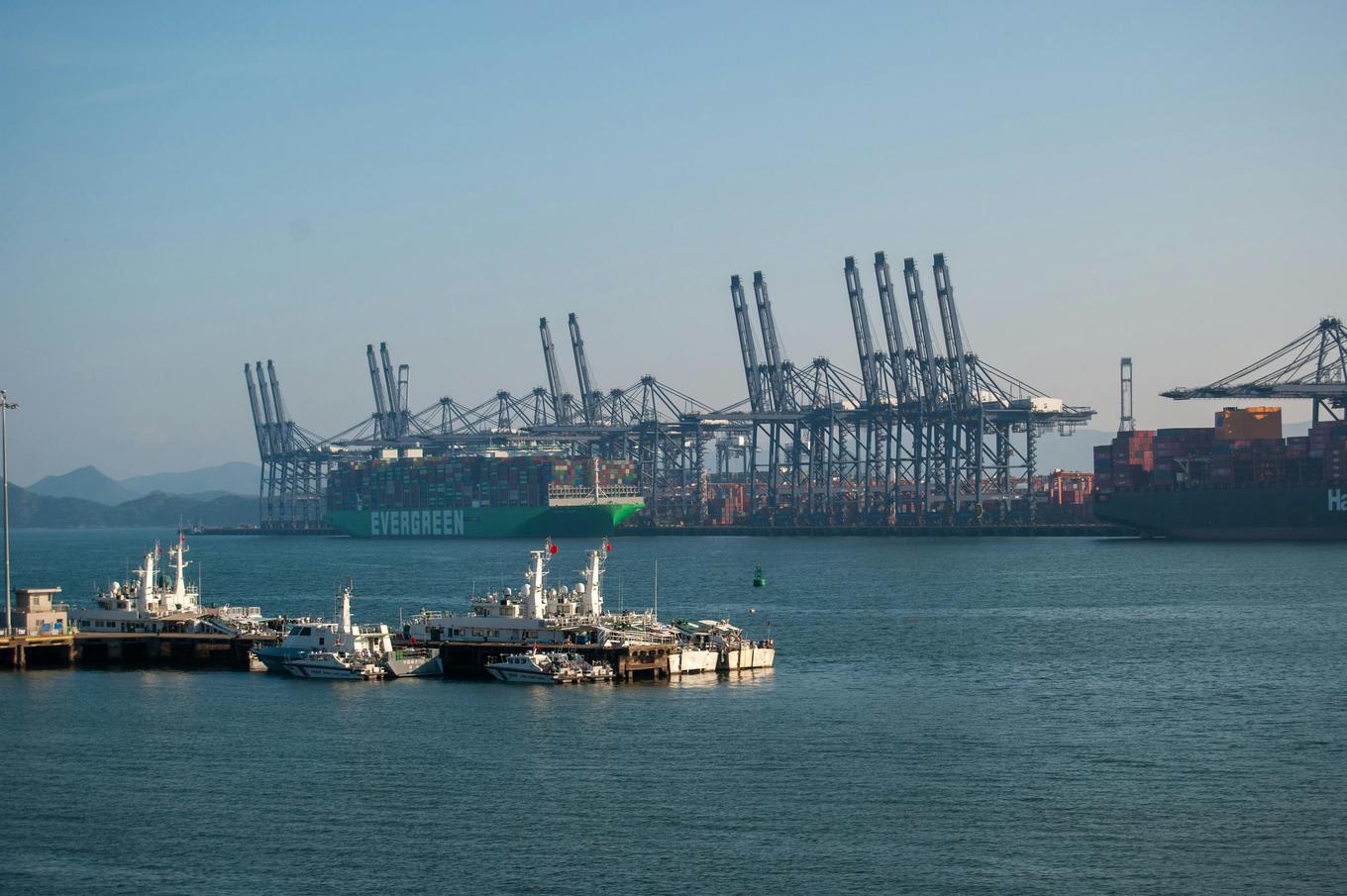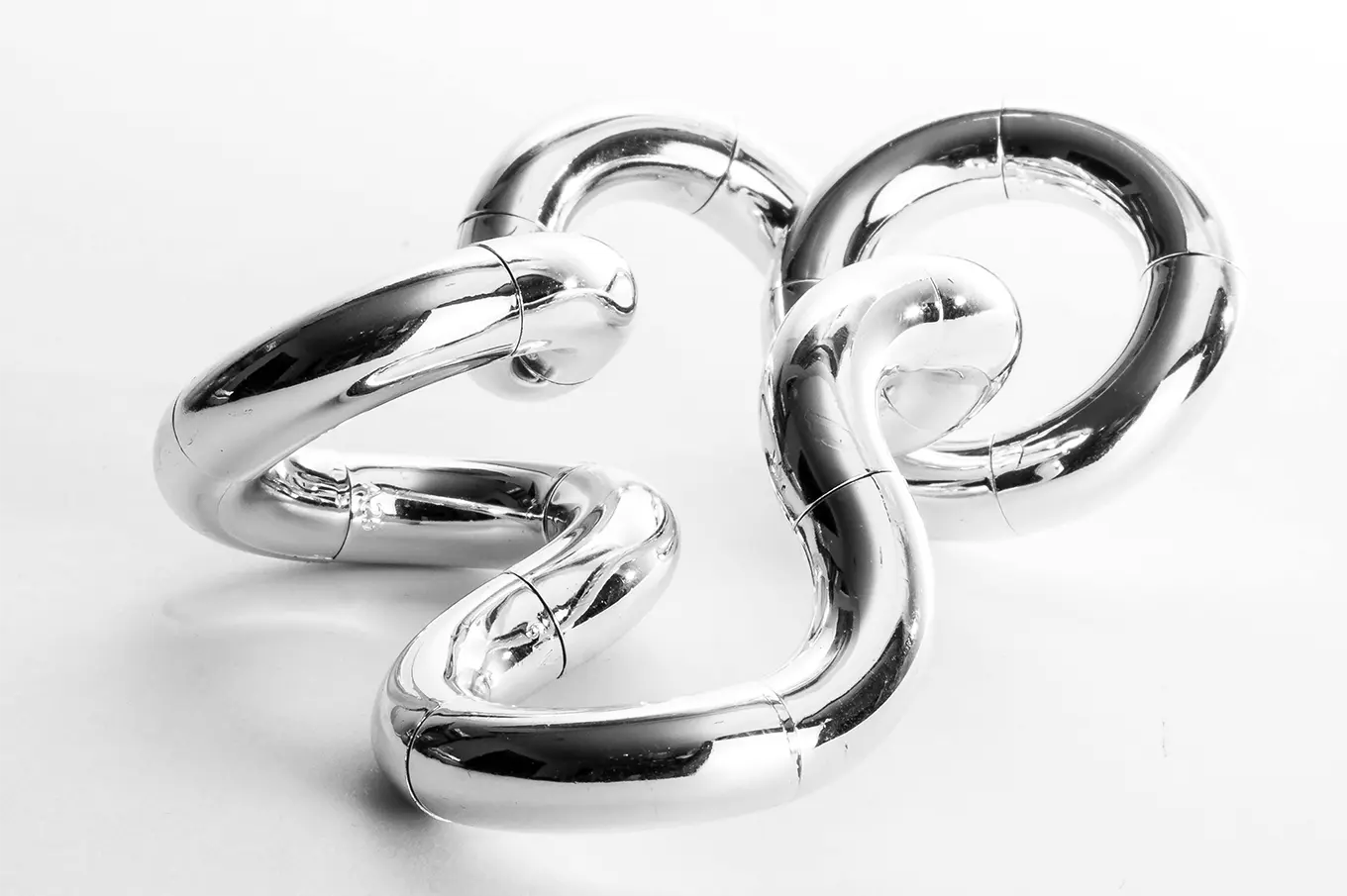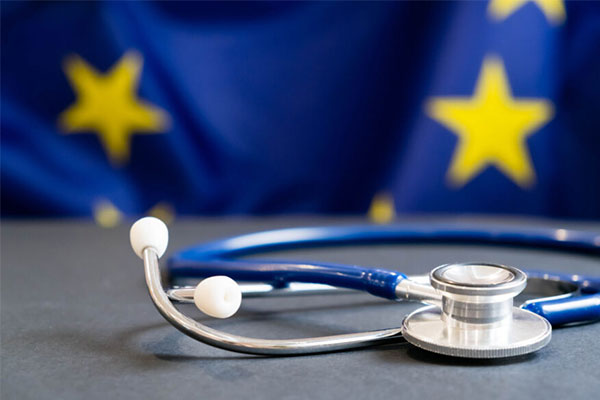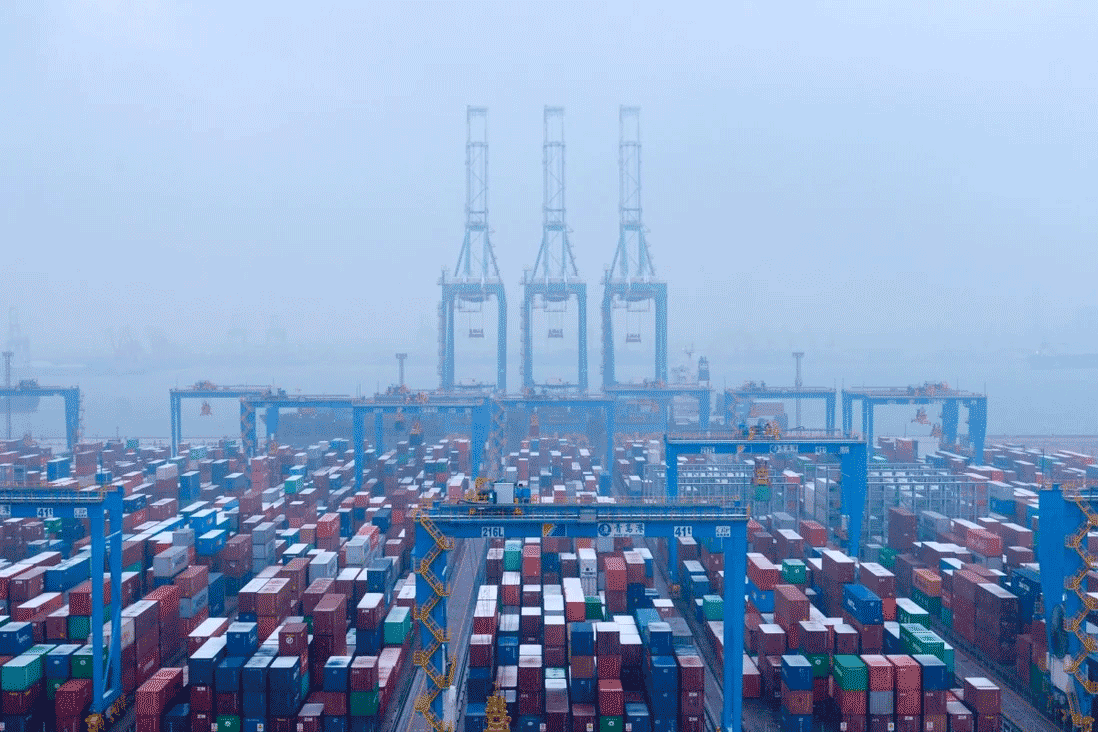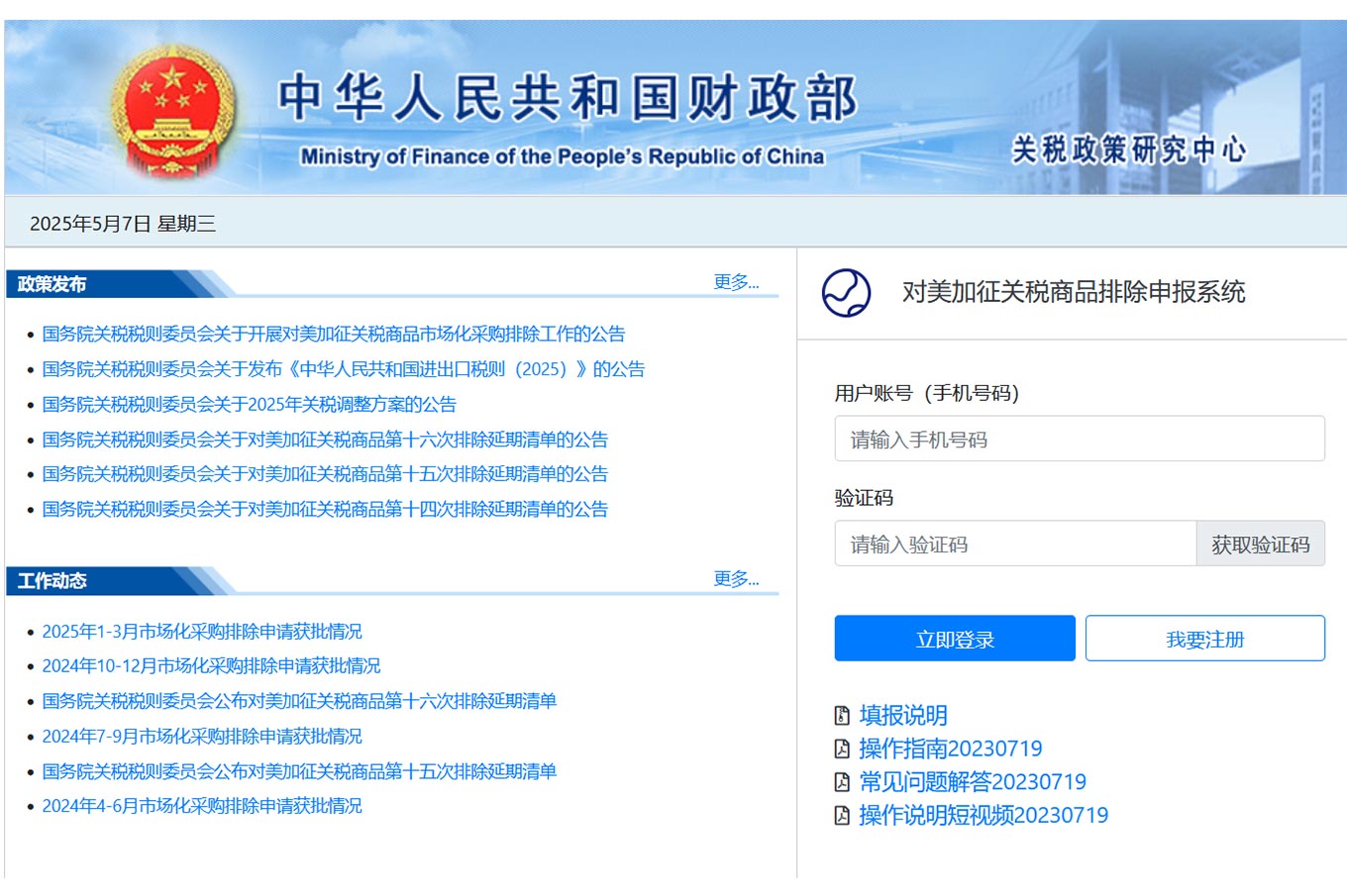- Shanghai Zhongshen International Trade Co., Ltd. - Two decades of trade agency expertise.
- Service Hotline: 139 1787 2118
After months of continuous farmers protests on the European continent, EU member states and the European Parliament have finally reached an agreement to restrict the duty - free exports of some Ukrainian agricultural products to the EU market, trying to ease the current tense situation.
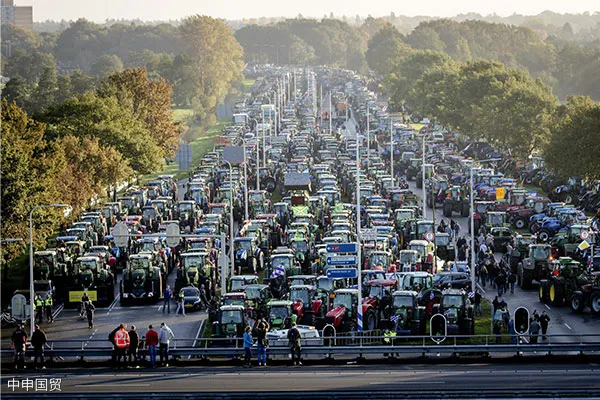
Under this agreement, the European Union will continue to allow duty-free exports of Ukrainian wheat and barley, but will impose a series of restrictive measures on "more sensitive" agricultural products such as oats, corn, sugar, honey, eggs, and poultry to "protect the European market and producers." Specific measures include the reinstatement of certain tariffs and the establishment of quota caps.
Previously, the European Union announced in June 2022 an extension of the tariff exemption period for Ukrainian agricultural products until June 2023, aiming to help Ukraine overcome its economic difficulties. However, this decision sparked strong dissatisfaction among local European farmers, who accused Ukrainian agricultural products of flooding the EU market without restrictions, driving down prices of domestic produce and creating "unfair competition."
Especially in some countries bordering Ukraine, the farmers anger is more intense. Polish farmers have blocked the border crossings with Germany and Ukraine several times to protest against the governments neglect of farmers interests.
Ultimately, during an emergency special session held by the European Parliament in Strasbourg from Tuesday to Wednesday this week, a compromise was reached. The European Union decided to extend the tariff exemption for Ukrainian agricultural products until June 5, 2025, while simultaneously imposing restrictions on certain "sensitive" varieties.
However, the EU has also reserved the authority to "urgently revoke the tariff exemption if Ukrainian products continue to disrupt the local market," preventing the situation from deteriorating again.
This balancing act reflects the EU's attempt to strike a delicate equilibrium between "solidarity with Ukraine" and "protecting the interests of domestic farmers." How the EU will precisely implement policies to prevent these two priorities from becoming completely opposed may pose an even greater challenge in the next steps.
Related Recommendations
? 2025. All Rights Reserved. Shanghai ICP No. 2023007705-2  PSB Record: Shanghai No.31011502009912
PSB Record: Shanghai No.31011502009912
